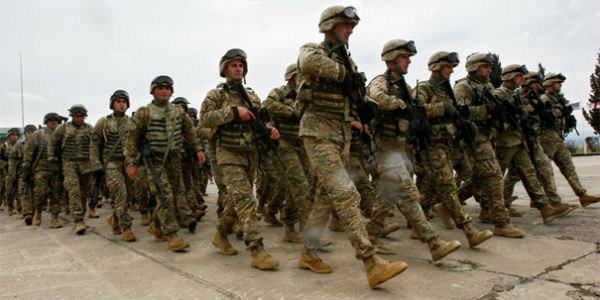Military misfires on consumer protection

by: Henry Meier
Today’s blog provides a good example of how well-intentioned people can end up doing more harm than good. The Department of Defense recently proposed expanding the coverage of consumer protection laws that currently apply to pay-day loans, refund anticipation loans and vehicle title loans to most consumer loans covered by the Truth in Lending Act. It would not apply to loans to purchase a vehicle or a home. If the DOD isn’t careful, it will dry up the swamp of creditors who prey on our service members, which of course is a good thing, but do so in a way that will make it more difficult for members of the armed forces to get access to consumer credit, especially from credit unions. Here’s why.
Back in 2007, responding to wide spread reports of predatory lending activities targeting the military, Congress passed the Military Lending Act. The Act empowered the Department of Defense to define and regulate consumer credit products provided to active duty members of the armed forces and their dependents. It gave the military wide discretion in determining what products would be subject to the enhanced regulatory restrictions. Under the regulations promulgated by the DOD, a 36% interest rate cap was placed on refund anticipation loans, pay-day loans, and vehicle title loans. In addition, the cap is calculated based on the Military Annual Percentage Rate (MAPR), which is succinctly summarized by the CFPB to include interest, fees, credit service charges, credit renewal charges, credit insurance premiums and other fees related to credit products sold in connection with the loan. Creditors selling these loans have to provide enhanced disclosures, as well as take affirmative steps to identify eligible consumers.
At the time the legislation was enacted, credit unions and other financial institutions were concerned that if regulations were written too broadly, they would require the wide-spread adoption of two types of consumer loan products: one for the military and one for civilians. However, the final regulations were narrow enough in scope so that they didn’t impact the vast majority of credit unions, most of which would have no desire to offer these types of products in the first place, even if located in states where they were permitted to do so.
The statute as it has been implemented by the DOD made sense, at least until last Friday. The DOD is proposing regulations that would expand the definition of products covered under the statute to include credit cards and other consumer loans covered under the Truth in Lending Act. As a result, credit cards offered to members of the military and their dependents would be subject to a 36% cap calculated by a refined MAPR. To be fair, the military recognizes that a poorly drafted regulation runs the risk of denying mainstream credit to members of the armed forces, so it is refining the MAPR to, for example, exclude customary and reasonable fees. But the calculation of an MAPR would still differ for members of the military and civilians. Furthermore, by expanding the reach of the MLA to most consumer loans except home mortgages and car loans, the military will make it more difficult for credit unions to provide legitimate loans to service members.
continue reading »



